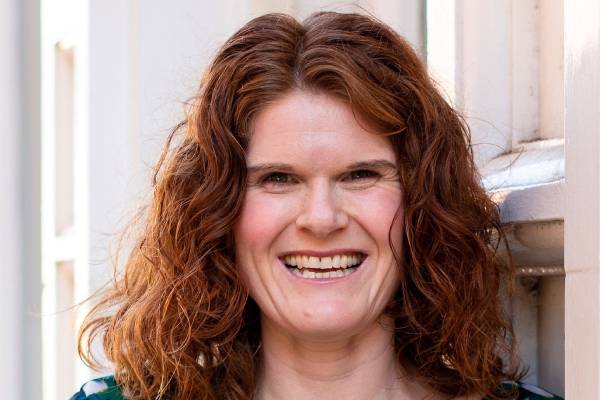Authored by Certified Business Psychologist Laura Howard. Certified Business Psychologist, Laura Howard, reflects on the webinar she recently delivered to ABP members. Below she outlines the main findings of her published research uncovering systematic barriers women face when being authentic as leaders. Importantly, she gives…

Authored by Claire Lish, ABP Company Secretary/Governance Lead
As we approach the New Year, it’s a time-honoured tradition to set resolutions. Are they for you? I think that if we take a slightly different lens on resolutions, we can view them as more than just annual commitments; they actually embody a dedication to continuous learning, reflective practice, goal setting, and personal and professional growth.
For Business Psychologists, reflection is an integral tool in our professional repertoire and allows us to pause, assess our progress, and realign our goals with our core values and aspirations. It’s a skill that can be learned and honed. This process of conscious effort and deep thinking about our actions and experiences enables us to bridge the gap between theory and practice, ensuring that our strategies and interventions remain effective and relevant. In Business Psychology, continuous learning and reflective practice are not mere beneficial activities; they are essential for staying updated with the latest research and practices.
We also know that setting clear, achievable goals is a cornerstone in Business Psychology, or in any sector where you want to deliver results and track progress. New Year’s resolutions encourage us to articulate and pursue these goals, whether they are related to advancing knowledge, enhancing skills, or contributing more significantly to the field. Such goals, when aligned with the ABP’s mission of enhancing business performance and the quality of working lives, not only promote personal growth but also fortify our commitment to the broader objectives of our profession. Reflective practice aids in this process by identifying strengths and weaknesses, helping set appropriate and challenging learning goals using tools like skills evaluation checklists, SWOT analyses, and SMART objectives.
And if we are now sold on why resolutions, might actually be a good idea, then have you got certification on your list for next year? For practitioners in the field, aspiring for the ABP’s Business Psychology Certification in 2024 is a significant resolution. This certification is a testament to your expertise and commitment to the field. Embarking on this certification journey aligns with the ABP’s vision of fostering professional excellence and a community of practice, embodying the values of inclusivity, accessibility, and the promotion of business psychology.
Certification validates your commitment to the science and practice of Business Psychology. It showcases your ability to apply psychological principles effectively in various business contexts, from employee psychology to behavioural economics. As a certified professional, you not only elevate your professional standing but also contribute to the credibility and visibility of our field.
There are three levels of certification:
- Certified Business Psychologist: Demonstrates a broad understanding of some aspects of the approach, philosophy and practice of business psychology. Individuals may work in a supportive role with more experienced colleagues or mentors, or they may function as part of a team.
- Certified Principal Business Psychologist: Demonstrates a thorough knowledge of the key psychological principles of understanding, designing and managing people, processes and organisations. Candidates will be experienced individuals who are likely to have leadership and or management expertise in key areas and demonstrate impact and influence.
- Fellow of the Association for Business Psychology: Candidates for this level will have a sustained record of leadership and influence in Business Psychology, and will actively champion Business Psychology.
For each of the three levels, evidence is required which shows understanding and experience across some or all of the following core areas:
- Business Psychology Areas of Practice (selection and assessment; strategy and organisational effectiveness; learning and development; behavioural science; human motivation and wellbeing)
- The Consulting Cycle (advise, diagnose, design, implement, evaluate)
- Professional Business Practice (e.g. commercial acumen, law, ethics, diversity)
- ABP Values (being inclusive, being accessible, promoting business psychology, demonstrating best practice, building capability)
Setting New Year’s resolutions as a Business Psychologist is therefore in perfect harmony with the ABP’s values and objectives. Through reflecting on our practice, committing to continuous learning, or pursuing the path to certification, we play a crucial role in our journey towards professional excellence. These resolutions enhance our individual capabilities and significantly contribute to the ABP’s mission – improving business performance and enriching the quality of working lives.
So, what are you waiting for? Find out more about certification HERE



